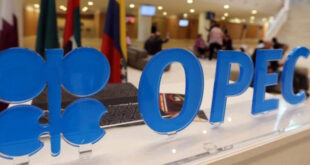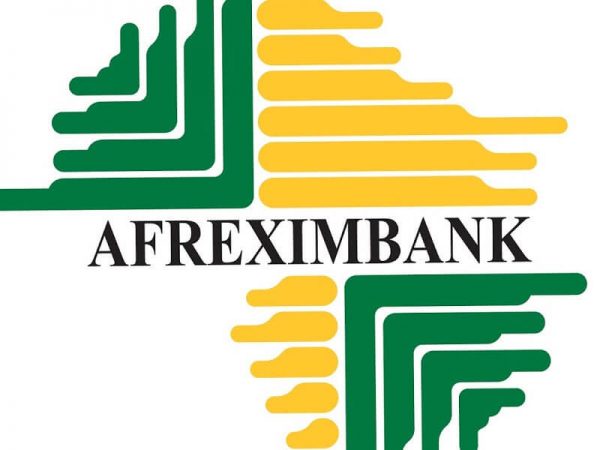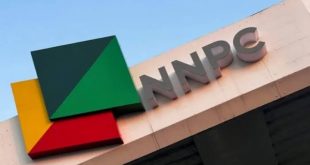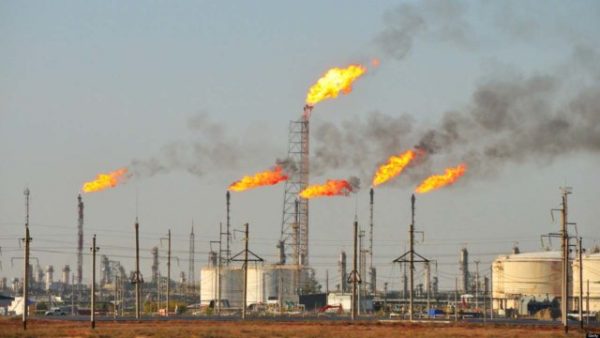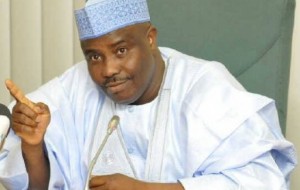
Indications have emerged that the President might lose his power of granting oil licences. This was as result of the conclusion reached by the House of Representative Ad-Hoc Committee on the Petroleum Industry Bill on Thursday to strip the president his discretionary power to grant petroleum licences and leases to operators in the country’s oil and gas industry.
In making the recommendation for the removal of the President’s power as contained in Section 191 of the original bill, the committee recommended competitive bidding for such awards to “avoid the practice whereby the power for the award of oil blocks was discretionary.”
The committee, which is headed by the Chief Whip of the House, Mr. Ishaka Bawa, made the recommendation in its report on the PIB laid before the House in Abuja on Thursday.
Similarly, the committee recommended the removal of the Minister of Petroleum Resources as the chairman of the National Oil Company proposed to assume the duties of the Nigerian National Petroleum Corporation and other key industry agencies.

If the recommendation is accepted, the minister will also no longer be empowered to recommend to the President who to appoint as the chairmen of the boards of agencies listed in the PIB.
The agencies include the Upstream Petroleum Inspectorate Agency, Downstream Petroleum Regulatory Agency, Asset Management Corporation of Nigeria and any other corporate entity established by the Act.
The House has yet to consider and approve or reject the report.
But the committee made far-reaching recommendations on many areas currently generating controversies in the oil and gas industry.
On the Petroleum Host Community Fund, the committee expanded the beneficiaries to include non-oil producing communities in the country.
It also recommended that communities where pipelines pass through or have depots and refineries should now benefit from oil revenues.
“In the bill, a new Section 118 covers both upstream and downstream sectors. This innovation is intended to allay the raging distrust between oil-producing and non-producing communities in the country,” the report explained.
A Frontier Oil Services Agency is recommended to step up exploration activities in already identified oil basins like Sokoto, Anambra, Benue, Bida, Benin and Chad.
The agency is to be funded through taxes from oil production operations and national budgetary allocations in dual funding strategy aimed at strengthening the agency and its operations.
In another recommendation, the NNPC was asked to sell 30 per cent of its shares to citizens on the floor of the Nigerian Stock Exchange.
The report added, “Forty-nine per cent of the Nigerian Gas Company’s shares too to be sold through public offerings at the NSE. Oil production measurement will be made at the flow station and not the point of export.”
Although the committee retained the three conventional licensing systems, Petroleum Exploration Licence, Petroleum Prospecting Licence and Petroleum Mining Lease, it altered the duration of the regimes.
The committee approved the proposal in Section 203 of the PIB setting up environmental remediation funds for the payment of compensation to communities suffering from oil production activities.
“This policy will at least minimise the environmental damage in the Niger Delta/oil-producing communities. Moreover, gas flaring punishment and penalty was retained under Section 323 in order to minimise environmental hazard in oil-producing communities”, it stated.
To allay the fears of foreign investors that the PIB would terminate exiting contracts, the committee retained the sections of the bill guaranteeing the “sanctity of existing petroleum contracts.”
The House, at a session presided over by the Speaker, Mr. Aminu Tambuwal, on November 15, 2012, named the 23-member Bawa committee to work on the PIB.
It took the committee over two years to produce a report after the House came under immense pressure from Nigerians demanding the passage of the controversial bill.
 MMS PLUS NG – Maritime, Aviation, Business, Oil and Gas News Online Newspaper with coverage in Maritime, Oil and Gas, Aviation, Power and Energy as well as Financial News
MMS PLUS NG – Maritime, Aviation, Business, Oil and Gas News Online Newspaper with coverage in Maritime, Oil and Gas, Aviation, Power and Energy as well as Financial News




